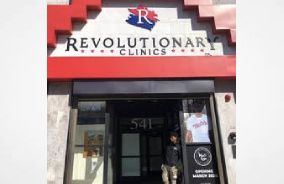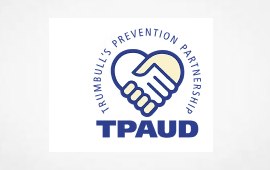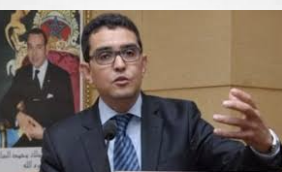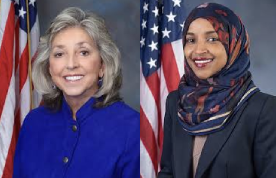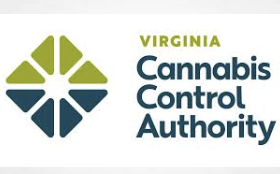It’s been an age-old problem for Colombian drug traffickers:
Moving mountains of cash from U.S. cocaine profits back to their country. The cartels’ latest solution: automated teller machines. But they aren’t withdrawing money from ATMs; they’re depositing tons of it, in stacks of $20, $50 and $100 bills, all across the United States.
Over the past few years, U.S. authorities say, narco-traffickers have recruited a number of Colombians to fly to Miami and set up phony businesses with corporate bank accounts. With a bit of wit, they named one local company “PJ Cleaning.” The Colombian recruits then traveled to various U.S. cities to pick up duffel bags of bulk cash from cocaine sales, with each depositing hundreds of thousands of dollars at ATMs into the bank accounts of the fake companies.
Those businesses, in turn, wired millions through financial networks in the United States and abroad to the Colombian cartels, authorities say. Federal investigators and prosecutors say they’ve been on to them.
This week, at least eight Colombians were charged with money laundering conspiracies, including some who made their first appearances in Miami federal court. Agents with the FBI and Homeland Securities Investigations have had their eyes on them, not only because they’ve been moving huge sums of cash through ATMs but because bank security cameras have captured their images while they’ve make the brazen deposits.
Richard Gregorie, a retired Miami federal prosecutor who took down notorious Colombian kingpins and associates, said that during the era of the cocaine cowboys the Colombian traffickers relied mostly on the “Black Market Peso Exchange” to convert cocaine dollars into pesos, creating paper trails in South Florida by using local businesses as intermediaries to wire their profits back home. “This is no different than that; they just found another way to move the money,” Gregorie said in an interview Thursday. “They think of every way possible to do it to avoid the law.
They’re usually way ahead of law enforcement.” Federal authorities, he said, “need to start picking these guys up and getting them to cooperate so they can work their way up the line.” That’s exactly what South Florida investigators and prosecutors are trying to do. The latest arrests stem from an initial federal case last year involving two Miami-area companies — P&J Maintenance Group LLC and PJ Cleaning LLC — located at 18000 NW 24th Ave.
Those bogus businesses and others set up at the direction of Colombian narco-traffickers have been at the center of a variety of multimillion-dollar ATM laundering schemes. The two businesses were operating as unlicensed remittance companies, according to charges brought by Assistant U.S. Attorney Tony Gonzalez. The Colombian behind the businesses: Daniel Gustavo Martinez Yepes, a cartel minion who pleaded guilty and was sentenced in April to one and a half years in prison.
According to an FBI criminal affidavit, the two companies had no employees and did no business, but between October 2022 and November 2023 about $7.6 million was funneled through their bank accounts in the U.S. to Colombia. Martinez was responsible for moving a chunk of it. Over just two days in July 2023, Martinez himself was captured on a security camera depositing $265,090 at Bank of America ATMs into the corporate accounts of the two Miami companies, the FBI affidavit says. On July 6 and 7, Martinez made 22 deposits ranging from $400 to $30,250 at two ATM locations, the Black Rock Turnpike in Connecticut and the Perimeter Center near Atlanta.
He kept track of each deposit and the bill denominations in a dark, hard-cover spiral ledger with the numbers “2019” on the front. Most of his deposits were “structured” in amounts of less than $10,000 to avoid bank reporting requirements, but Martinez made even larger deposits while flouting the law.
Read more at: https://www.miamiherald.com/news/local/article289211729.html#storylink=cpy


